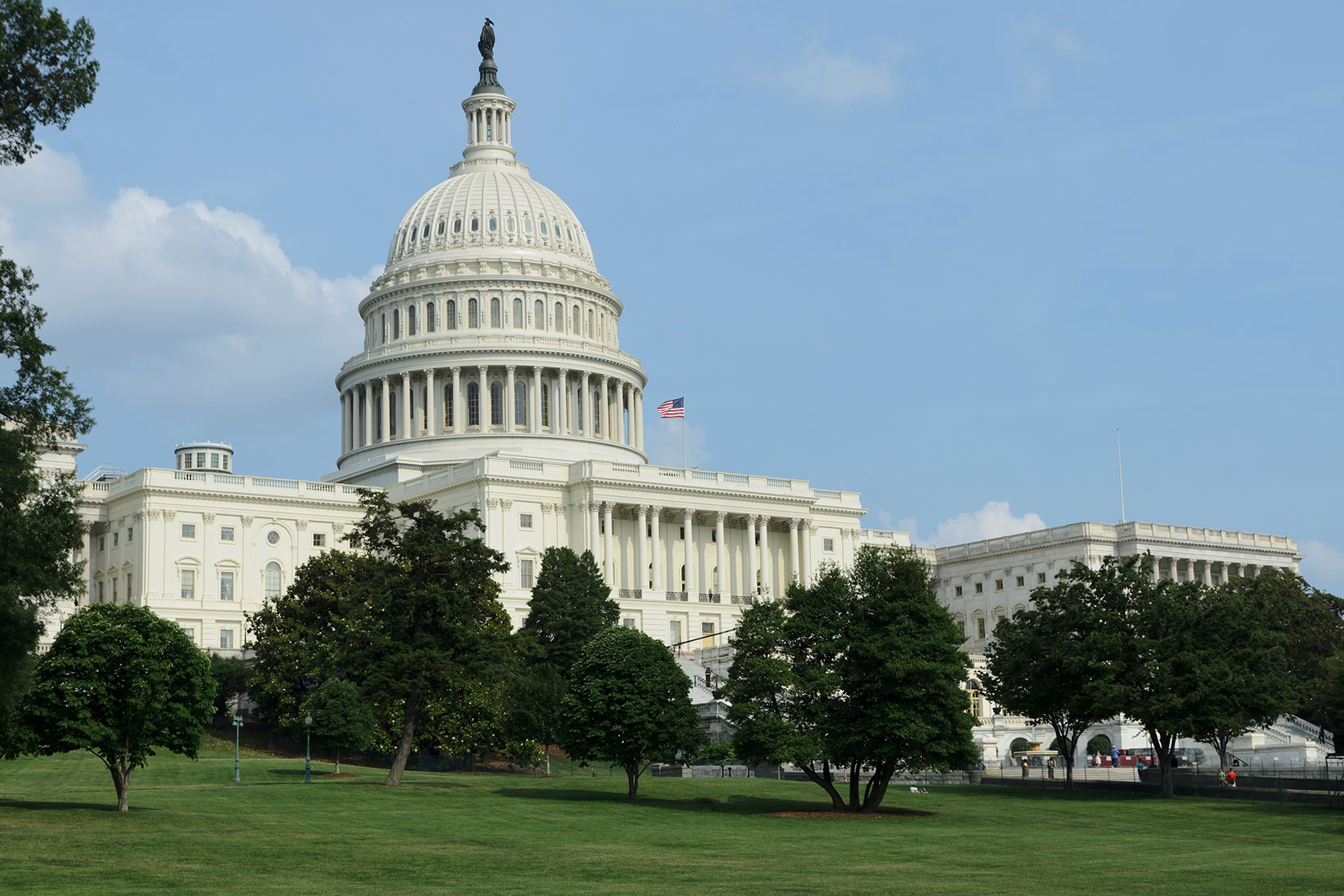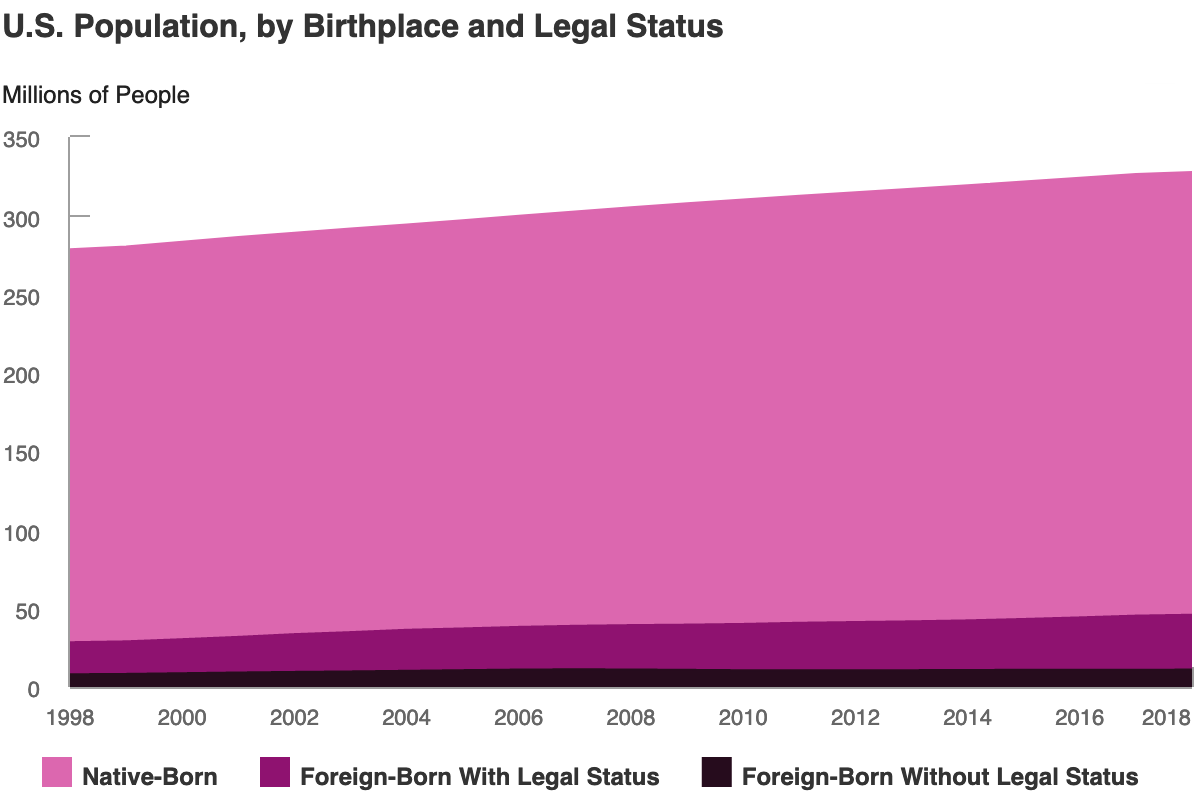The report will provide CBO’s first complete set of 10-year economic projections since January. It will update the interim projections that the agency published in May, which focused on 2020 and 2021.
June 2020
CBO examines four laws enacted in response to the 2020 coronavirus pandemic and summarizes their effects on federal spending, revenues, and the deficit. CBO also provides details about the laws’ effects on discretionary spending, mandatory spending, revenues, and mandates.
Preventive medical care includes services that can prevent diseases from occurring and detect diseases before symptoms appear. This report describes how CBO estimates the effects on the federal budget of proposals to expand the use of such services.
The federal budget deficit was about $1.9 trillion in the first eight months of fiscal year 2020, CBO estimates, $1.2 trillion more than the deficit recorded during the same period last year.
Today marks my one-year anniversary as the Director of the Congressional Budget Office. It is a particularly proud moment for me, and I would like to reflect on CBO’s accomplishments over the past 12 months and its ongoing commitment to supporting the Congress.
In 2018, 46 million people living in the United States—or 14 percent of the population—had been born in other countries. CBO examines the employment and earnings of men and women by their legal immigration status, level of education, and birthplace.
CBO examines two options for establishing a Space National Guard to support active component Space Force personnel, estimating the additional costs beyond those incurred for existing Air and Army National Guard units that have space-related missions.






